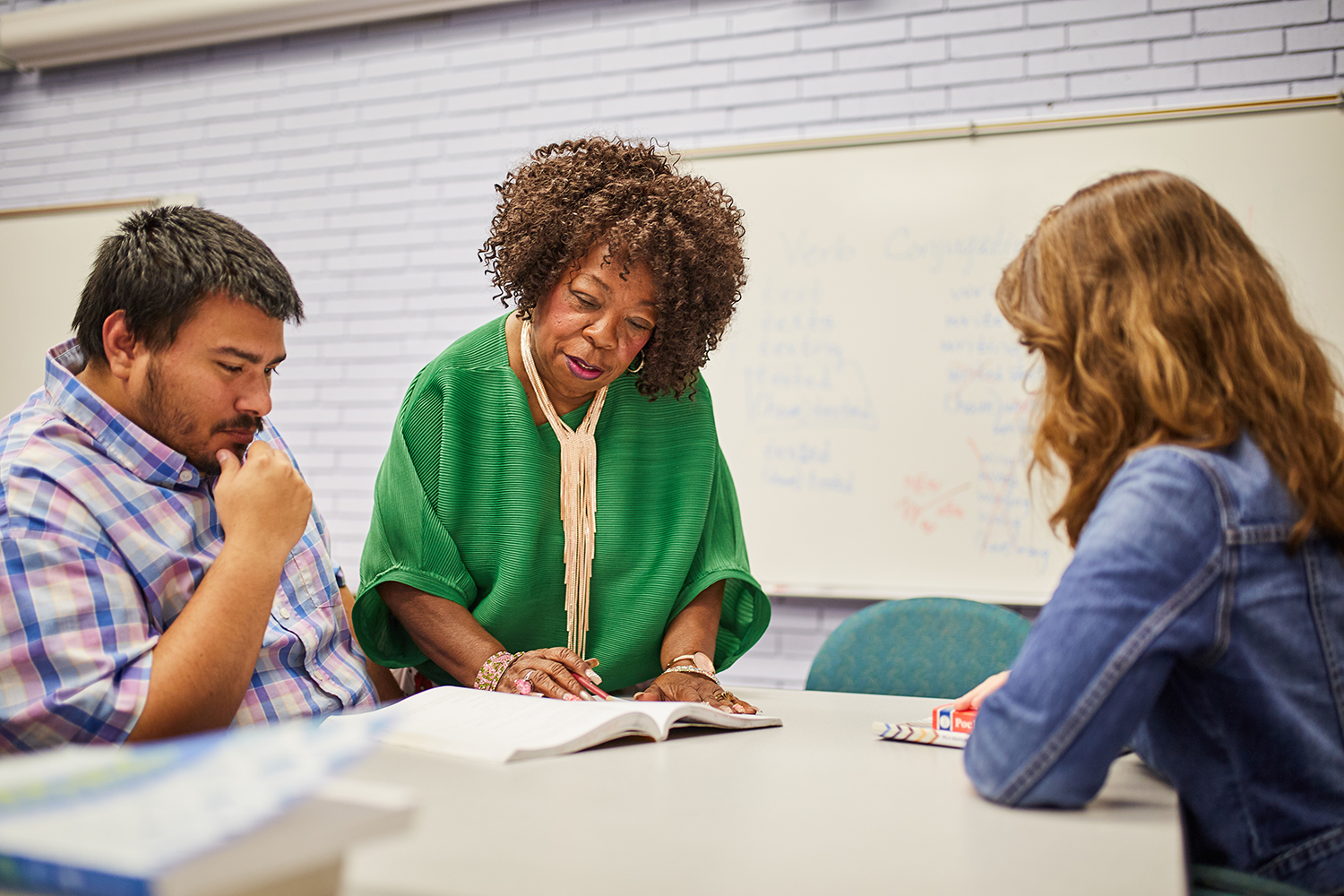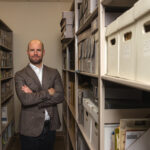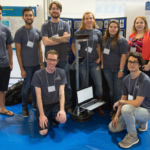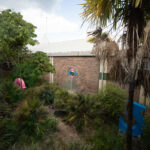UWF Writing Lab helps students and community members strengthen writing skills
For 46 years, the University of West Florida Writing Lab has empowered students, inspired writers and created a community of support for the written word.

The lab is staffed with UWF undergraduate and graduate paper readers and tutors who are trained to assist their fellow students with content, manuscript formatting, documentation style and the conventions of writing such as grammar, punctuation and spelling. As students themselves, the lab’s assistants know firsthand how hard it can be to consistently produce quality written work, and what satisfaction they experience from communicating ideas effectively.
First established in 1976, the lab has grown to its current status as a center of academic change and innovation under the guidance of director and UWF assistant professor Mamie Webb Hixon. She credits the lab’s student staff as always having been at the heart of those changes. “I have been fortunate to have dedicated lab assistants and a lab coordinator, Rus Phelps, who love their jobs and their leadership roles,” Hixon said.
Senior communication arts major Jay Harrison came to his job in the lab by way of Hixon’s Black Women Writers class where use of the lab is a course requirement. “Ms. Hixon breathes, eats and walks grammar,” Harrison said. “She really cares about it, and is passionate about sharing what she knows with others.”
While the fundamentals of good writing have remained the same, technology has brought about big changes to the ways writers can connect with assistance though the lab. In addition to face-to-face paper reviews, students can also receive help through interactive, online appointments, by submitting papers electronically for review and feedback, and through writing tutorials and handouts.
As the culture has shifted from written correspondence to text-ease and other informal, technology-driven communication, Hixon has seen a decline in standard written English. “We have had to meet students where they are and change the way we approach teaching language skills to get them where they need to be with regard to their literate and academic readership. Not just for their professors, but for a reading world.”
UWF freshman Dominic-Anthony Aragon said the lab has helped him make the transition from high-school essays to university-level writing. “They taught me how to research, develop an outline and compose the content of my papers,” Aragon said. “I feel much more confident in my ability to write papers because I know what to look for now.”
Hixon points out that the lab is also an important community resource for more experienced writers. She provides on-the-job grammar workshops to help local businesses, educators, administrators, healthcare and legal professionals strengthen their writing skills and hosts a weekly Grammercise workout session via Zoom.
The lab’s Grammar Hotline has responded to over 6,000 student and community member inquiries about grammar, syntax, diction, mechanics, spelling, pronunciation and usage since its inception in 1984.
Harrison said the thing he really enjoys about working at the lab is getting to help other students while constantly gaining knowledge. “I used to think I knew everything there was to know about grammar. Ms. Hixon has taught me there is always more to learn.”
The UWF Writing Lab has become an integral part of the edification of thousands of students, educators and local professionals. By strengthening the communication skills of the individuals it serves, the lab assistants are creating a brighter future for students, graduates and members of the regional workforce.
For more information about the UWF Writing Lab, visit uwf.edu/writelab. Join the Lab on Zoom: https://uwf.zoom.us/j/86590458943



